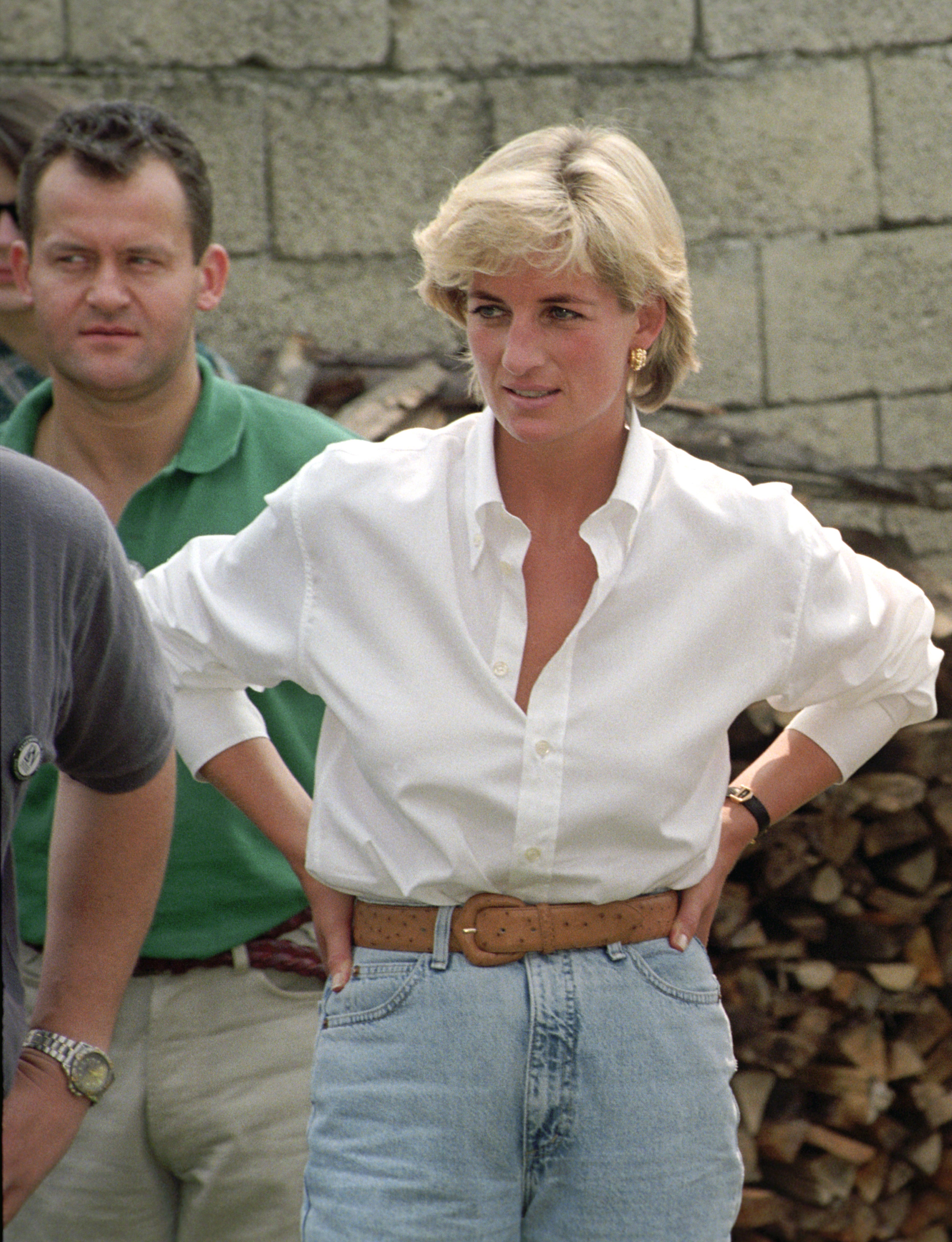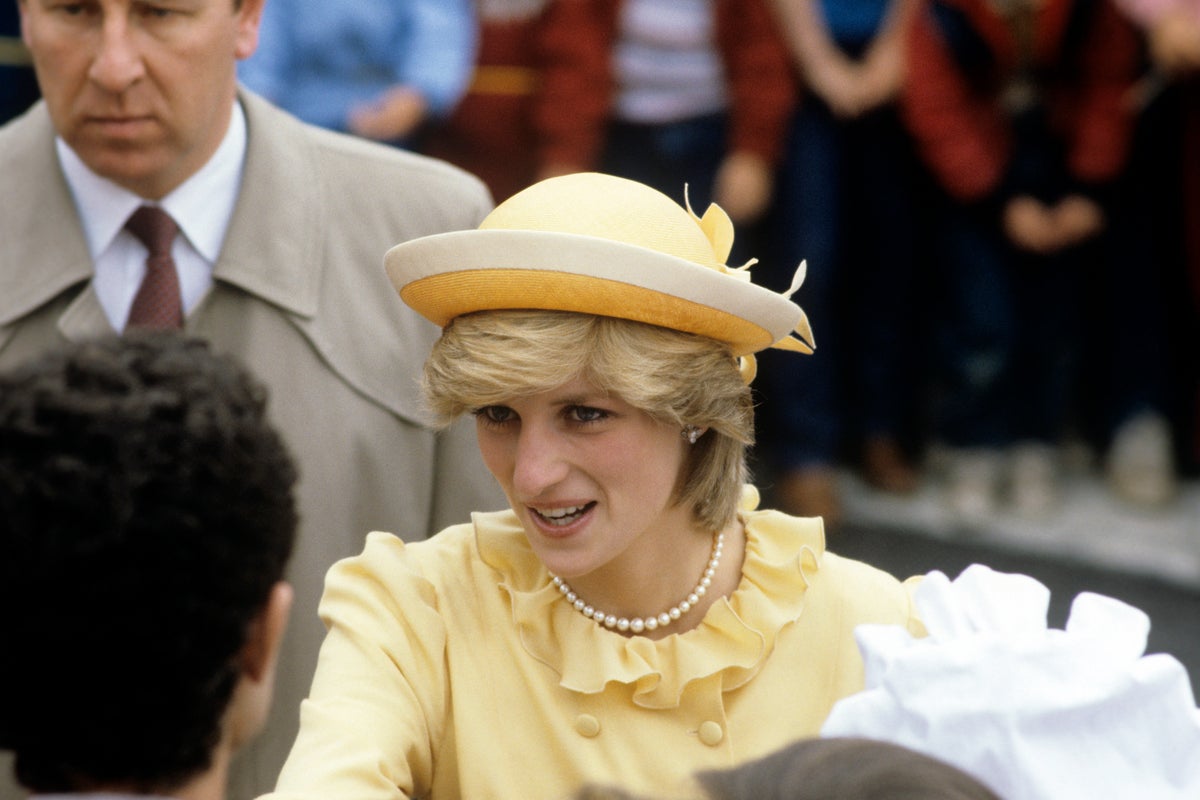
Diana, Princess of Wales, was 36 when she was killed in a car crash in Paris on August 31 1997 while being pursued by the paparazzi.
She spent her early years at Park House on the Sandringham estate before moving to Althorp when her father inherited the title of Earl Spencer in 1975.
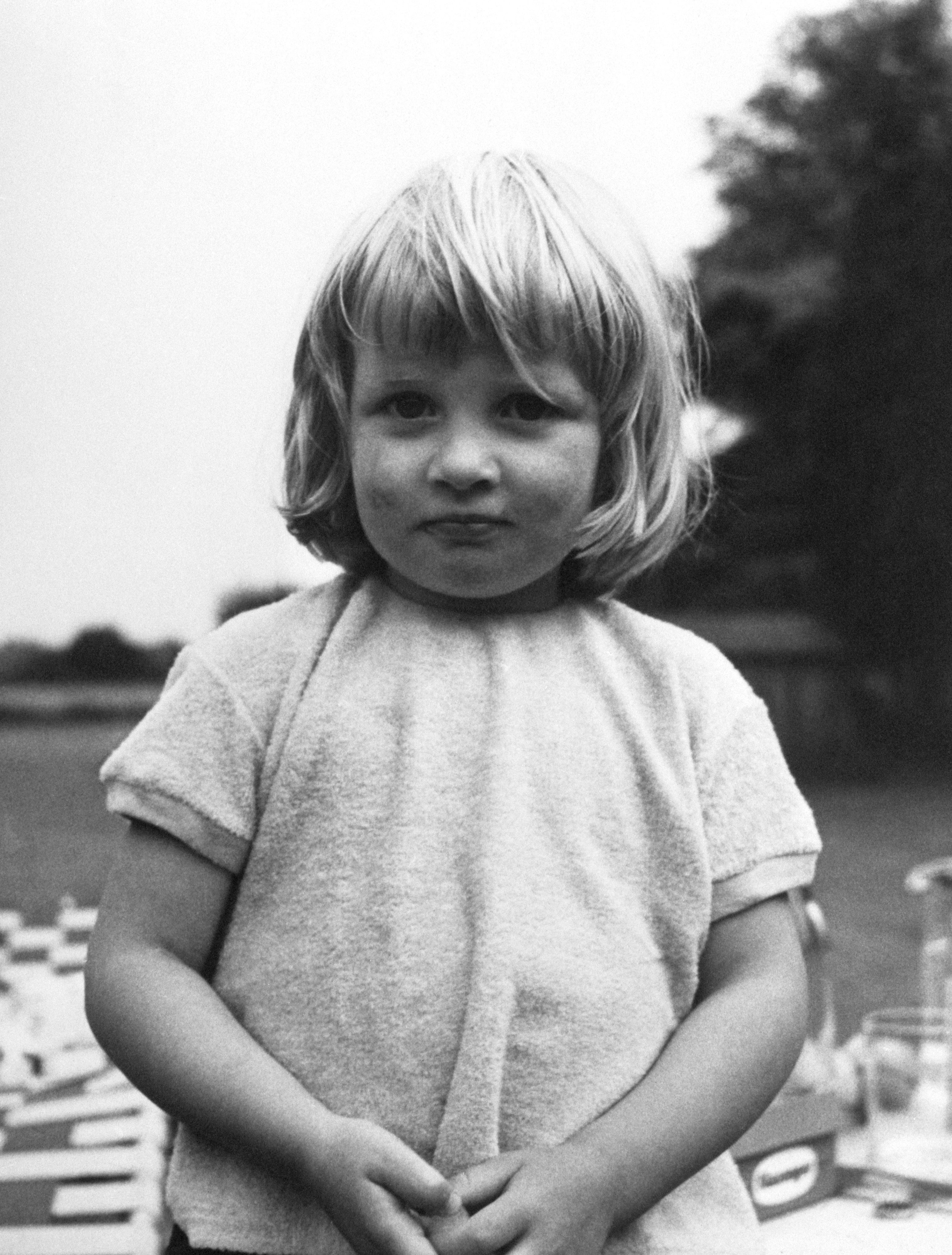
Lady Diana Spencer first captured the public’s imagination in the early 1980s when she began to be linked to the Prince of Wales.
The shy nursery school assistant, who had close associations with the royal family, was just 19 when she became engaged to the future king in February 1981.
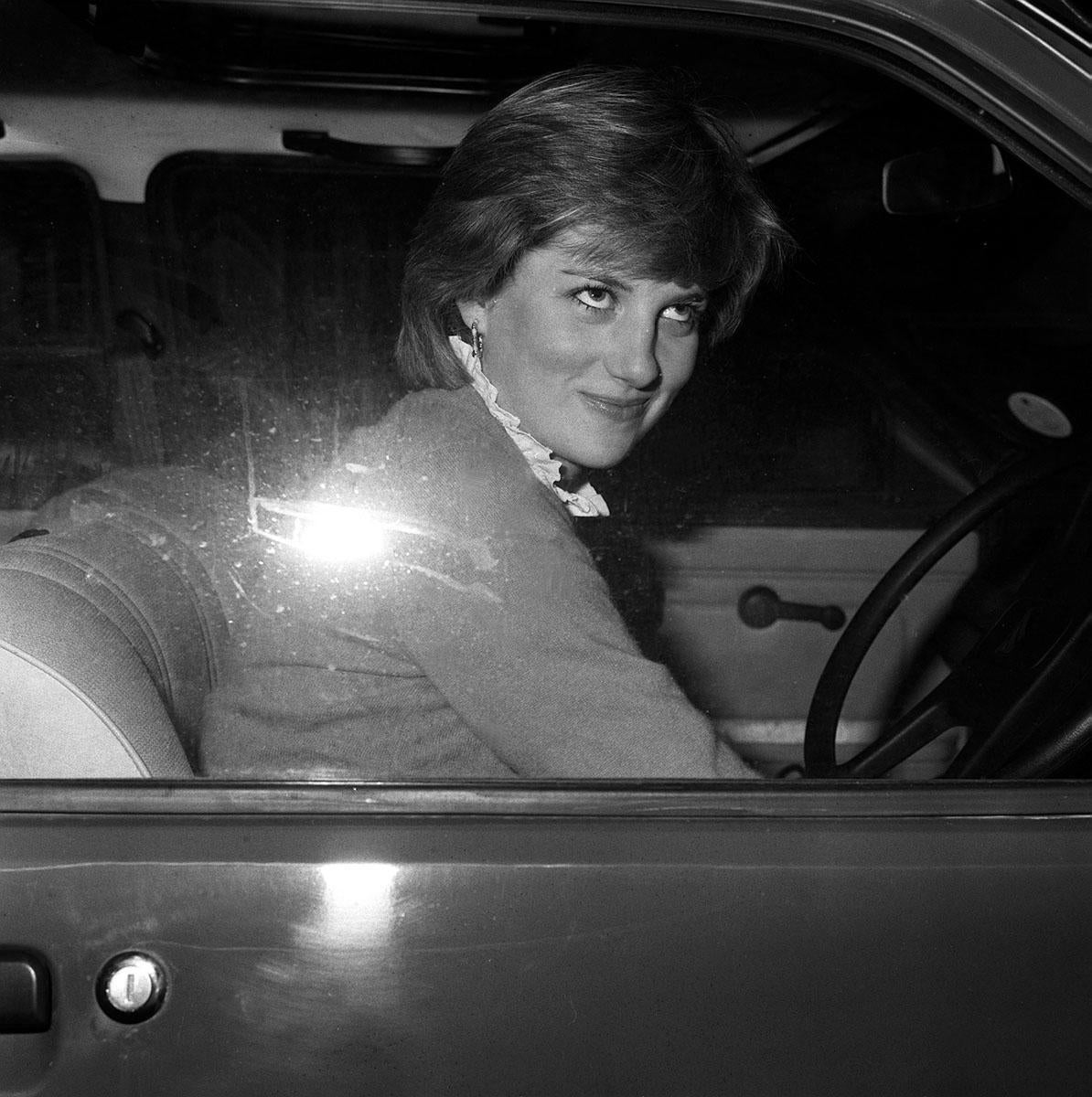
Images of the happy couple strolling arm-in-arm through the Buckingham Palace gardens to announce their forthcoming nuptials set the scene for the fairytale royal wedding.
But there were signs of the troubles to come. When asked if they were in love, Diana replied: “Of course”, but the prince added, inauspiciously: “Whatever in love means.”
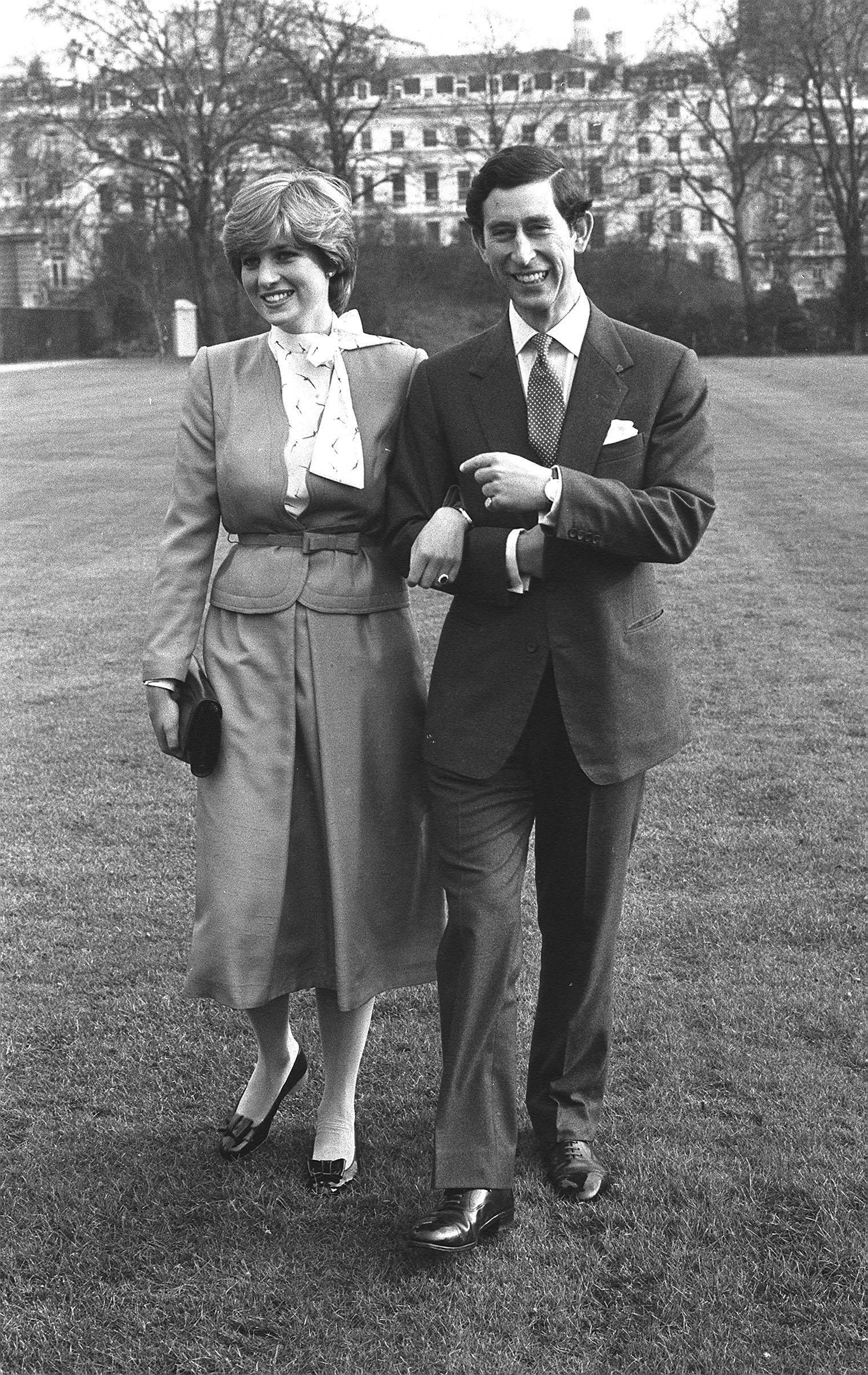
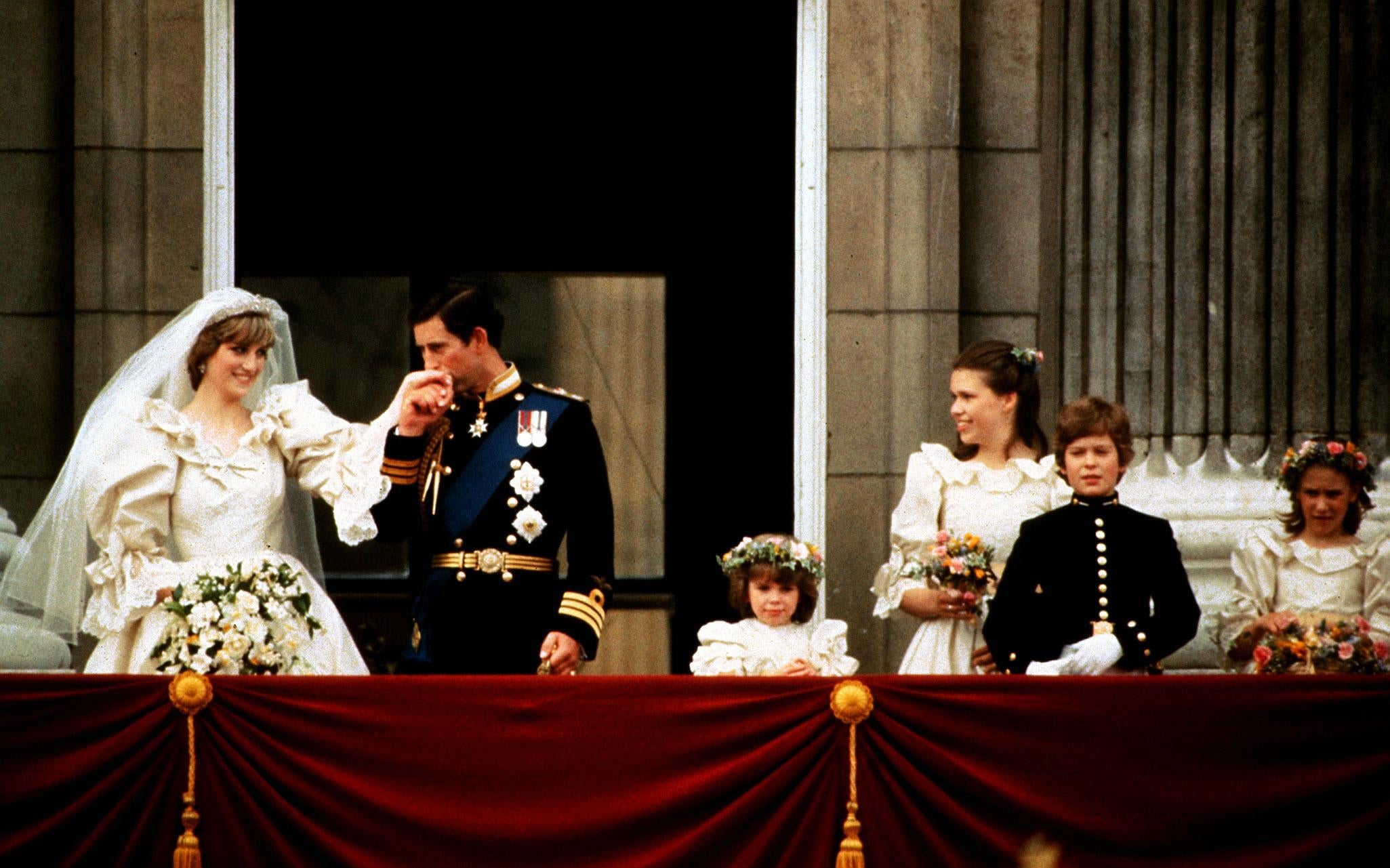
Millions watched the pair’s televised wedding at St Paul’s Cathedral on July 29 1981, with Diana wearing a romantic Emanuel taffeta gown trimmed with bows, and a 25ft sequin-encrusted train.
Within a year, the Prince and Princess of Wales welcomed their firstborn Prince William, followed by Prince Harry in 1984.
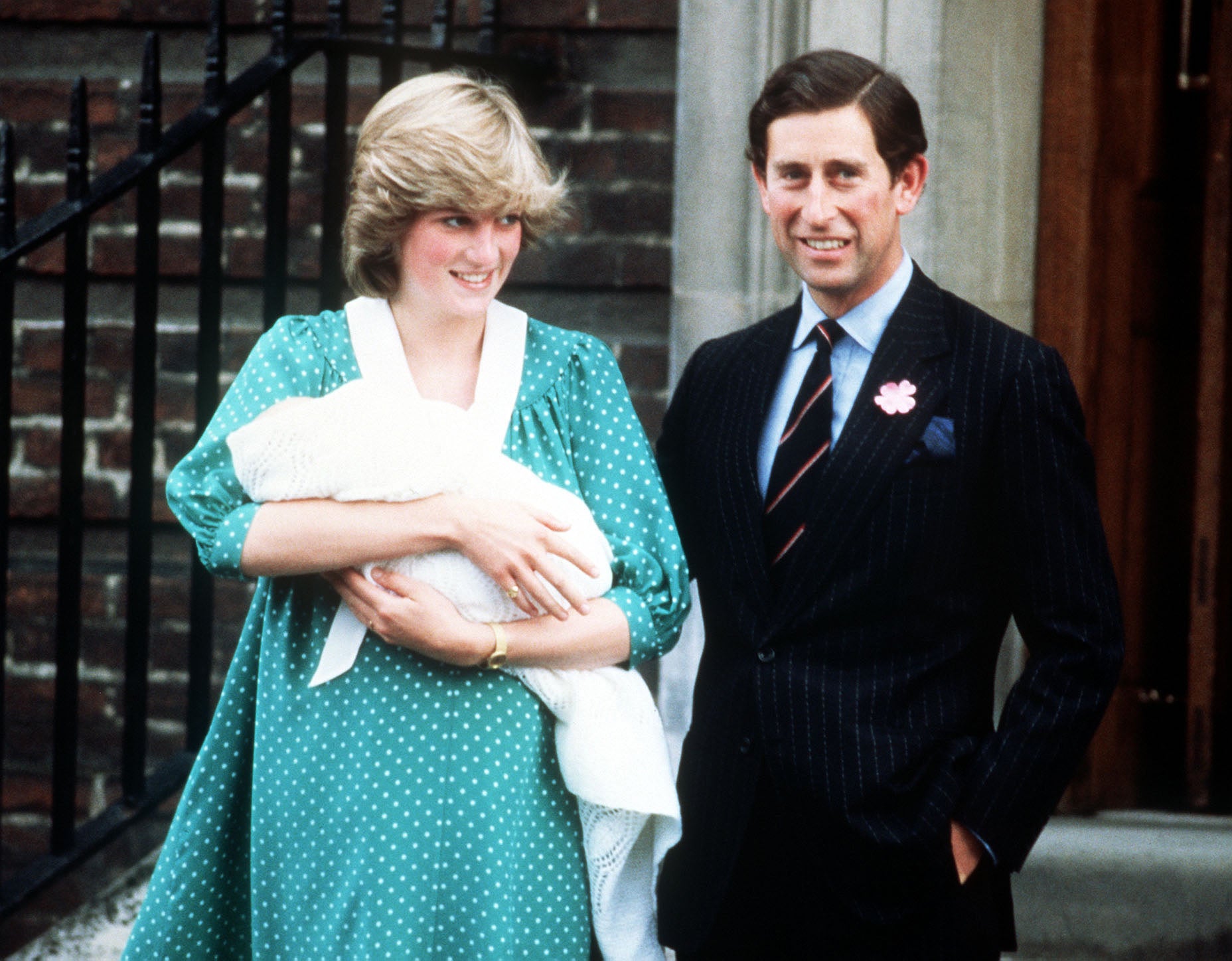
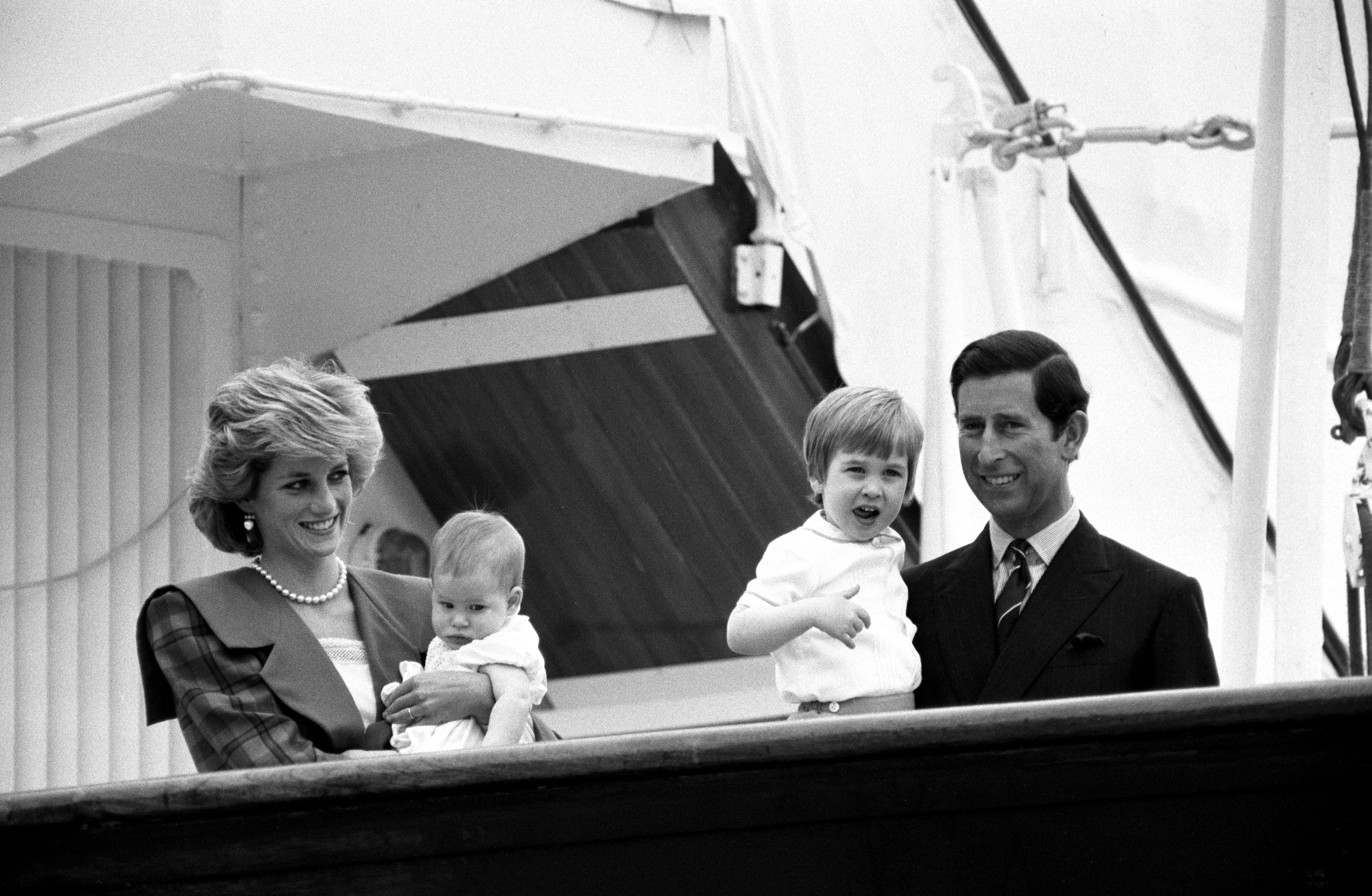
Royal duty called for the heir to the throne and his wife – a future Queen.
Diana won hearts on walkabouts with her charm and fashion choices, and hit the headlines as one of the most photographed women in the world.
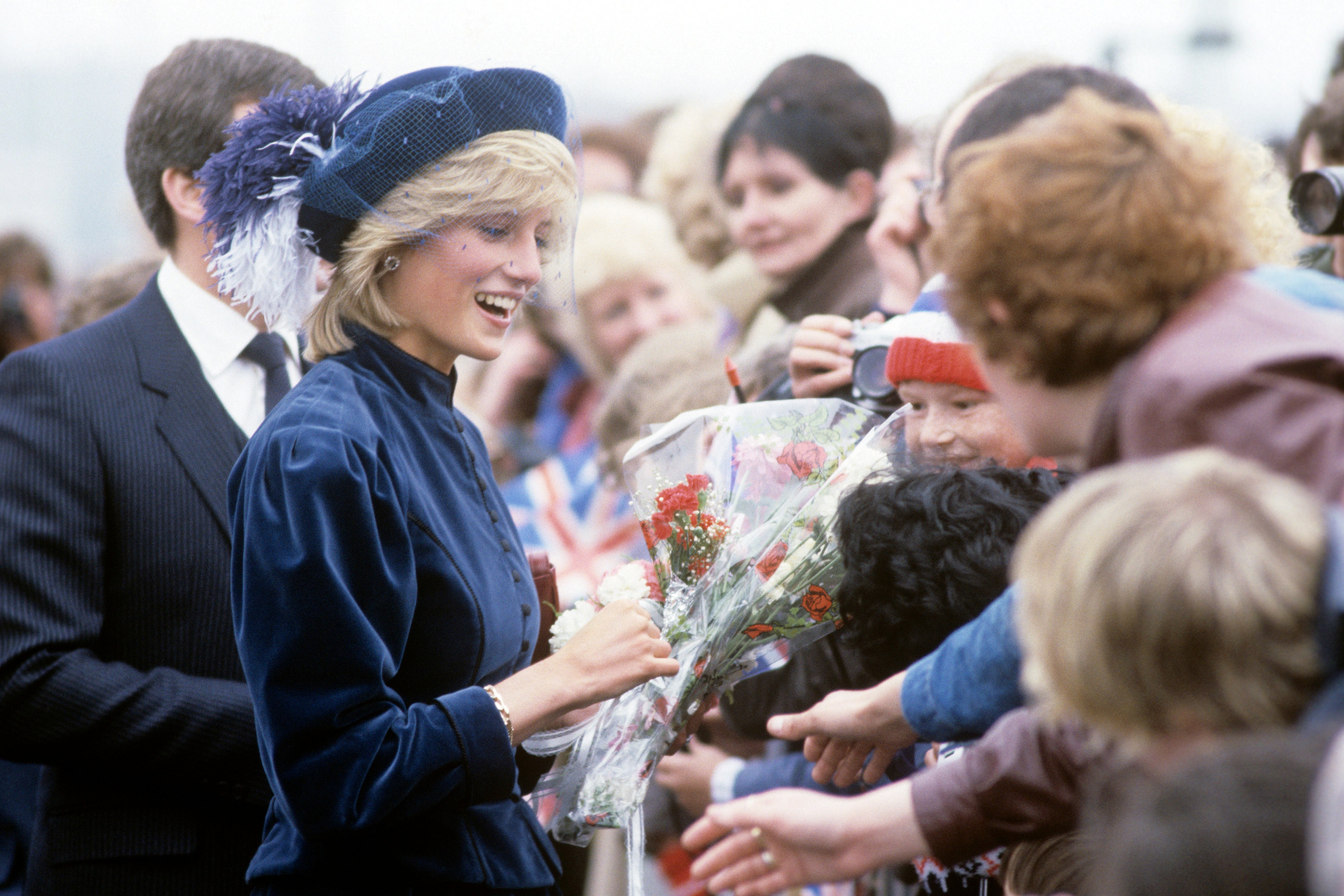
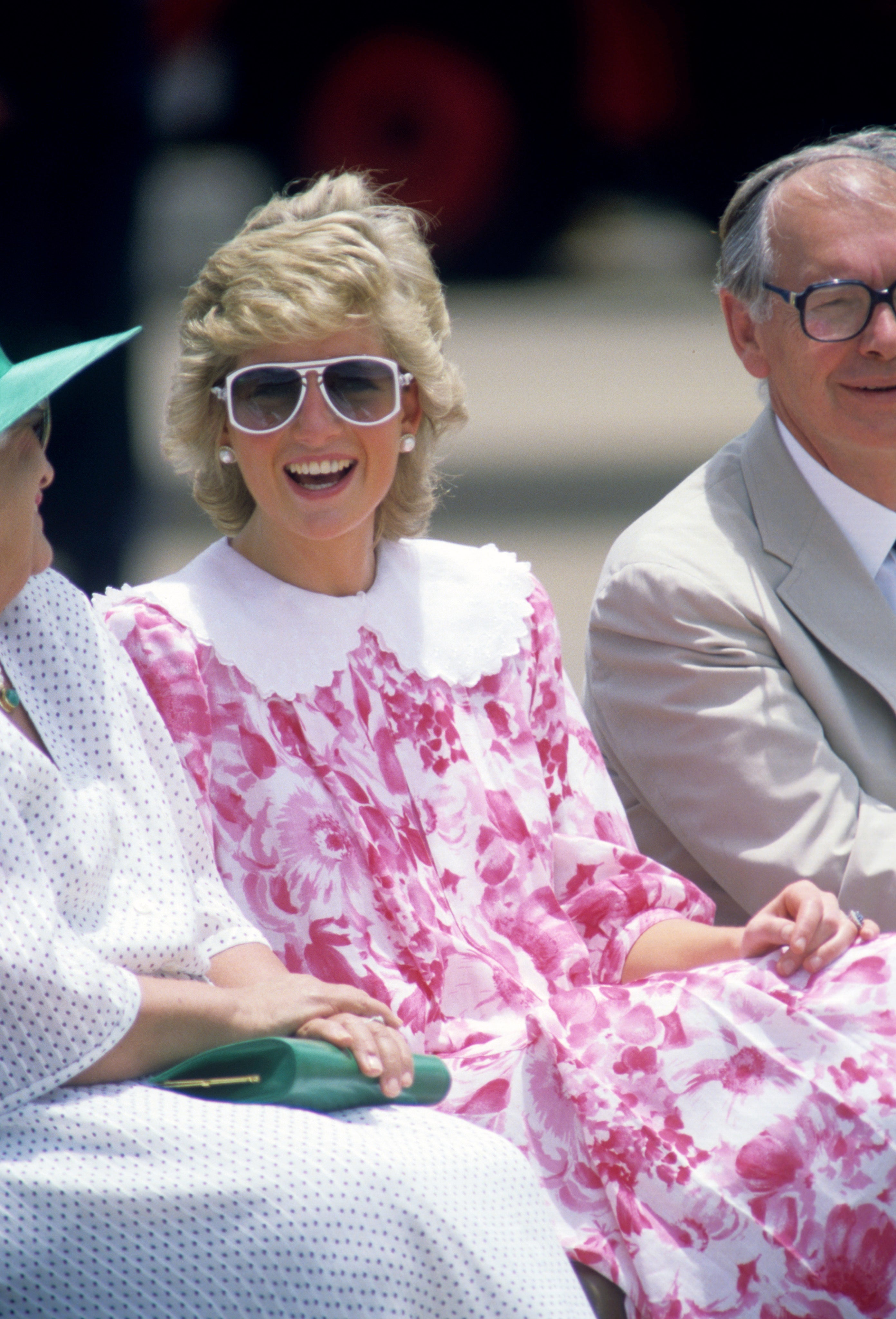
She also helped break the stigma surrounding Aids and HIV.
The princess shook hands with a terminally-ill patient and kissed him on the cheek at Mildmay Hospice in east London.
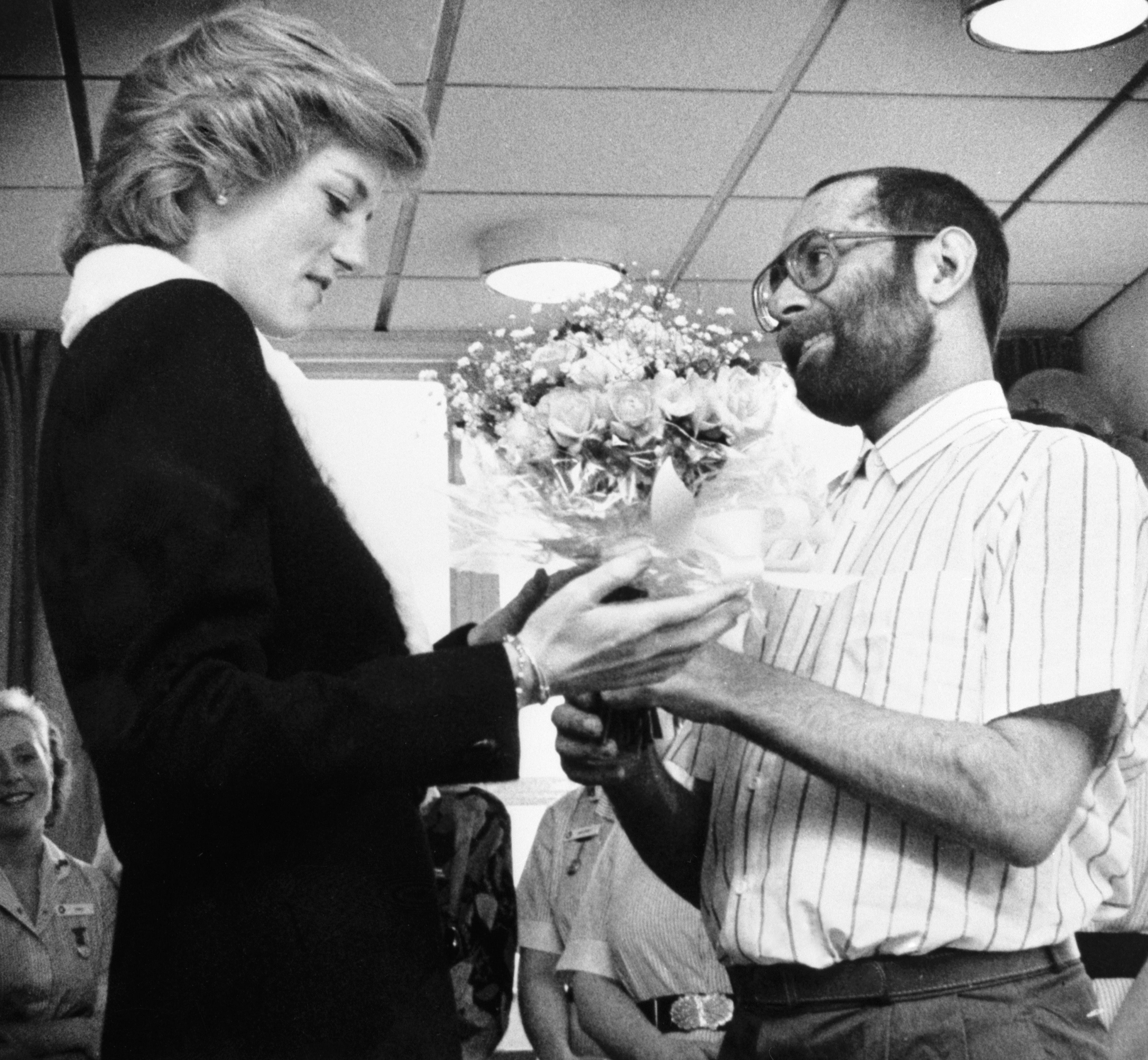
The royal marriage was, however, struggling behind the scenes.
Andrew Morton’s explosive book, Diana, Her True Story, with which she collaborated, would reveal years later that the princess was deeply unhappy, had suffered from bulimia and attempted to kill herself a number of times.
Diana began a five-year affair with cavalry officer James Hewitt, while Charles turned to former flame Camilla Parker Bowles.
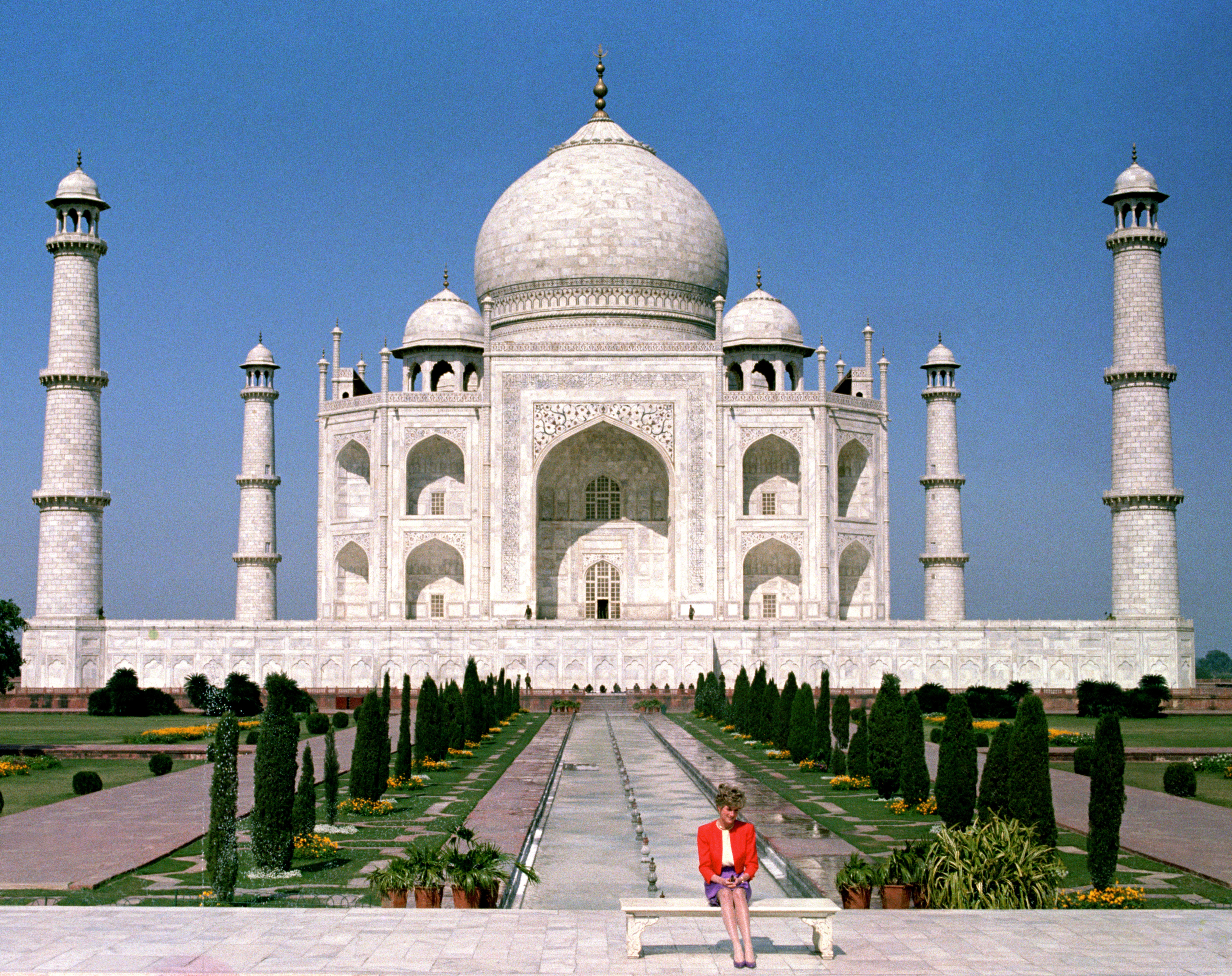
In 1992, the princess was pictured sat alone at the monument to love, the Taj Mahal, on a tour to India, with the image considered symbolic of the state of her relationship with Charles.
Just days later, the prince collided with Diana’s ear when she dodged a kiss from him at the polo in Jaipur.
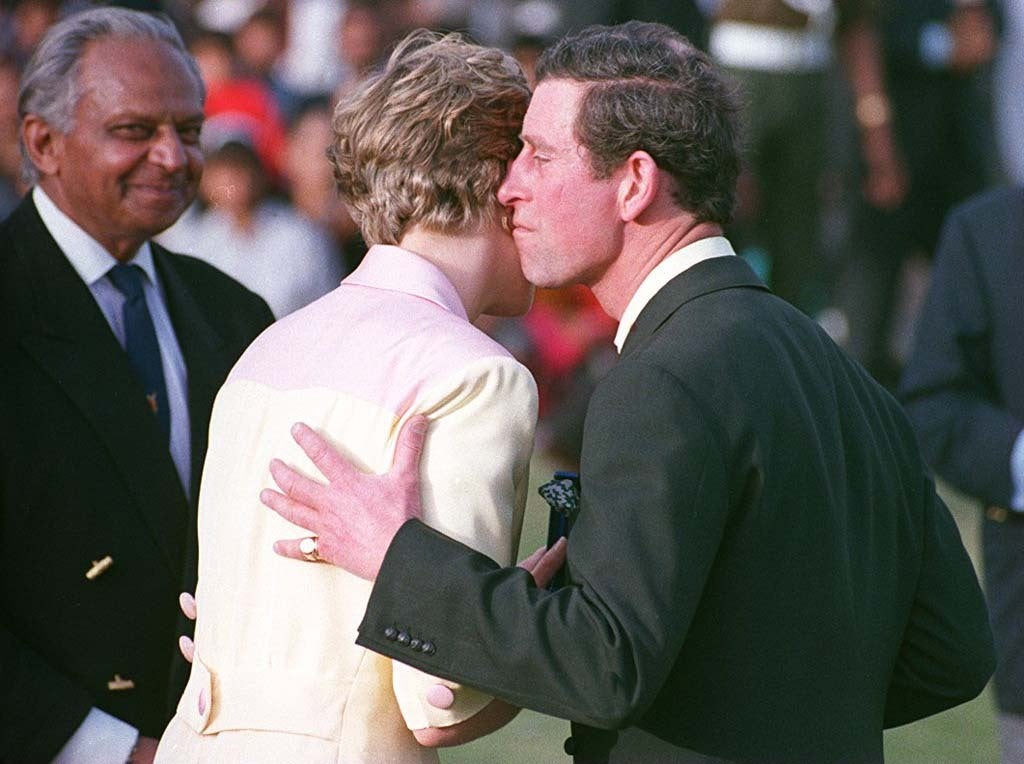
It was finally announced they were separating in December 1992.
Charles went on to admit on national television in 1994 that he was unfaithful to Diana after their marriage broke down.
The same evening, the princess appeared at the Serpentine Gallery in what was dubbed her “revenge dress” – a figure-hugging, low-cut, off-the-shoulder black silk gown.
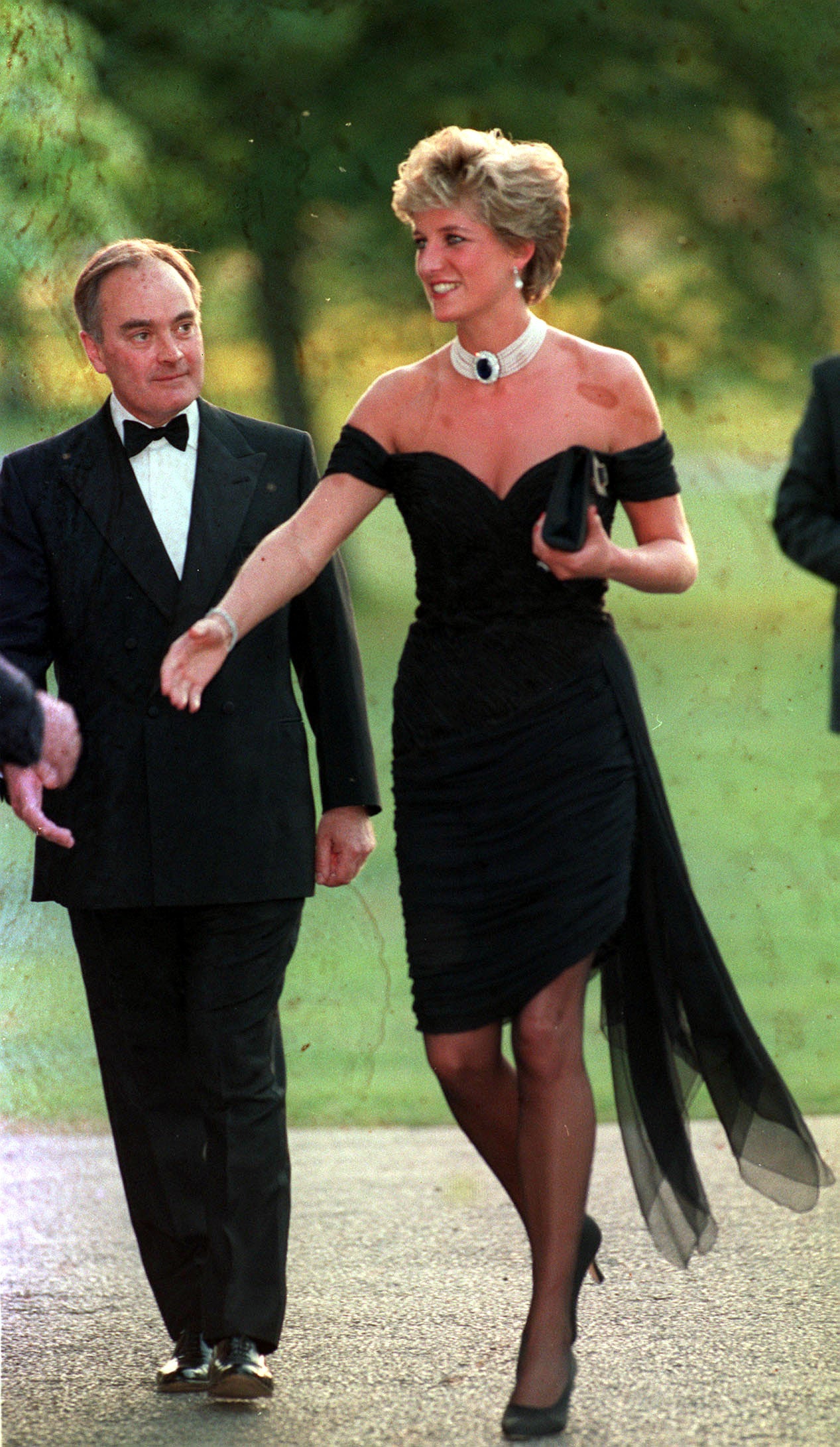
Diana became known for offering William and Harry more of a normal childhood, taking them on fun day trips to Thorpe Park.
She also secretly organised visits for them to homelessness shelters to increase their understanding of social issues.
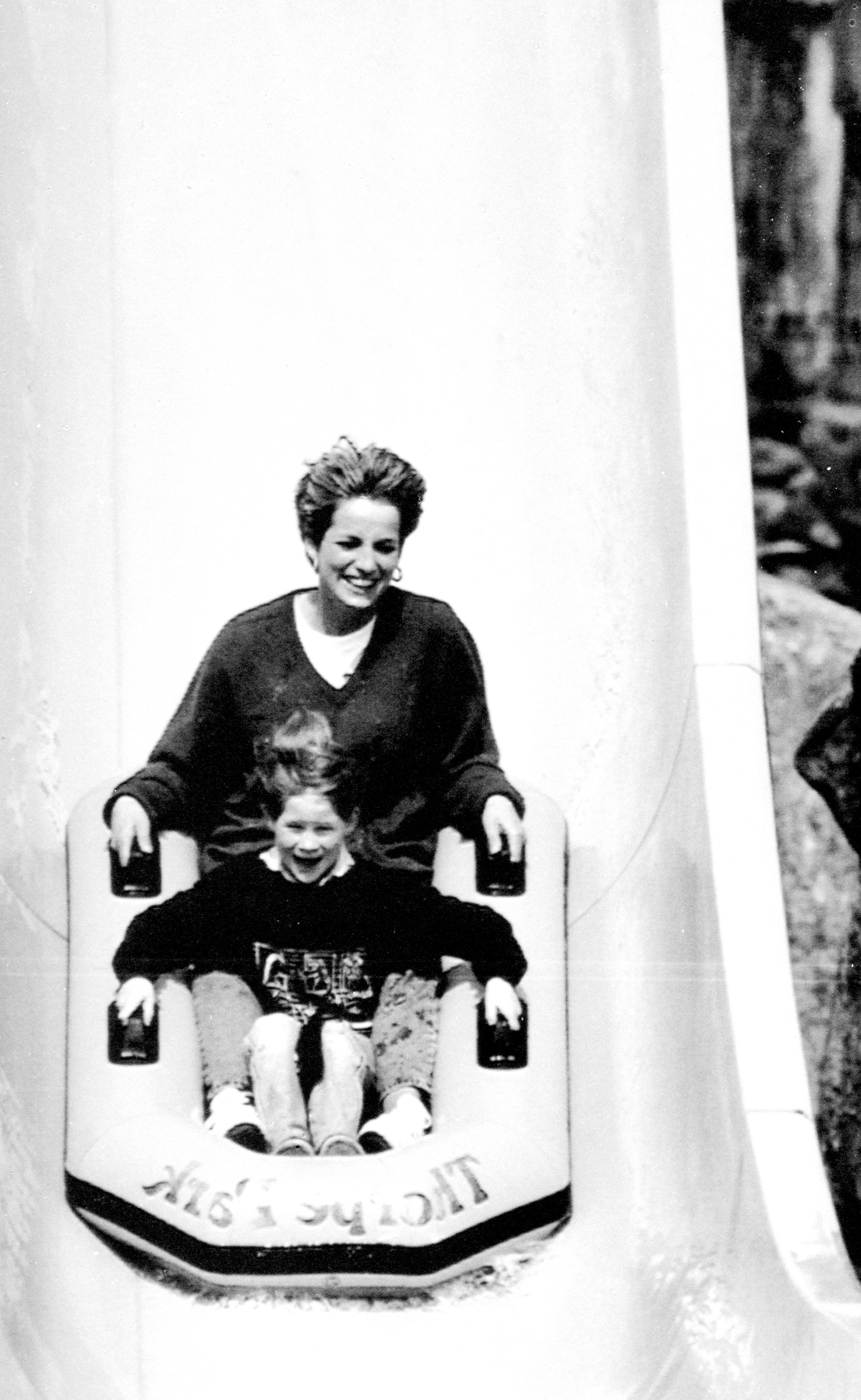
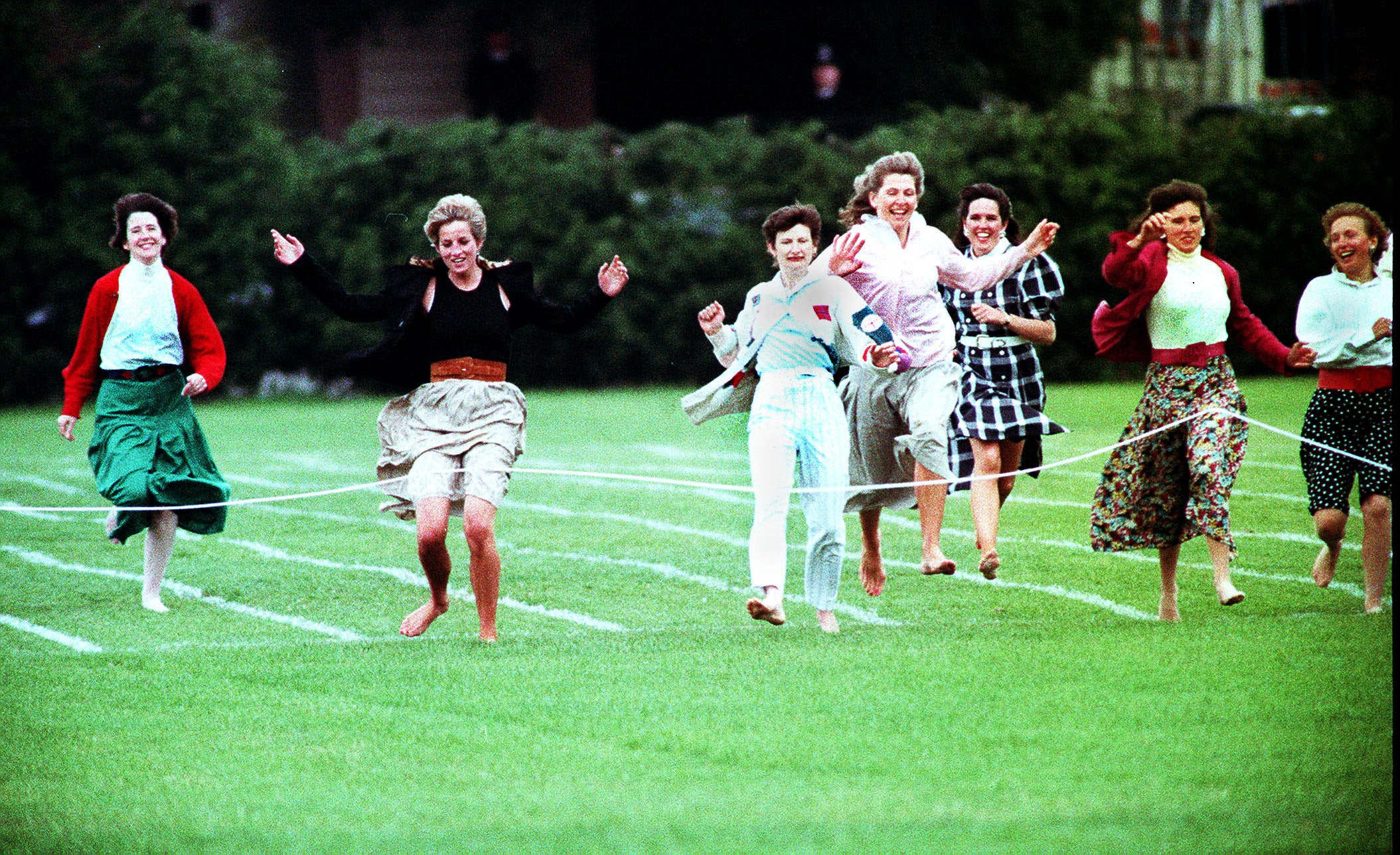
In 1995 came the princess’s controversial Panorama interview, now known to have been secured deceitfully by interviewer Martin Bashir.
Diana declared in the BBC programme: “There were three of us in this marriage”, and she cast doubt on Charles’s suitability to be king.
The Queen had had enough and urged the couple to divorce, which they finally did in 1996.
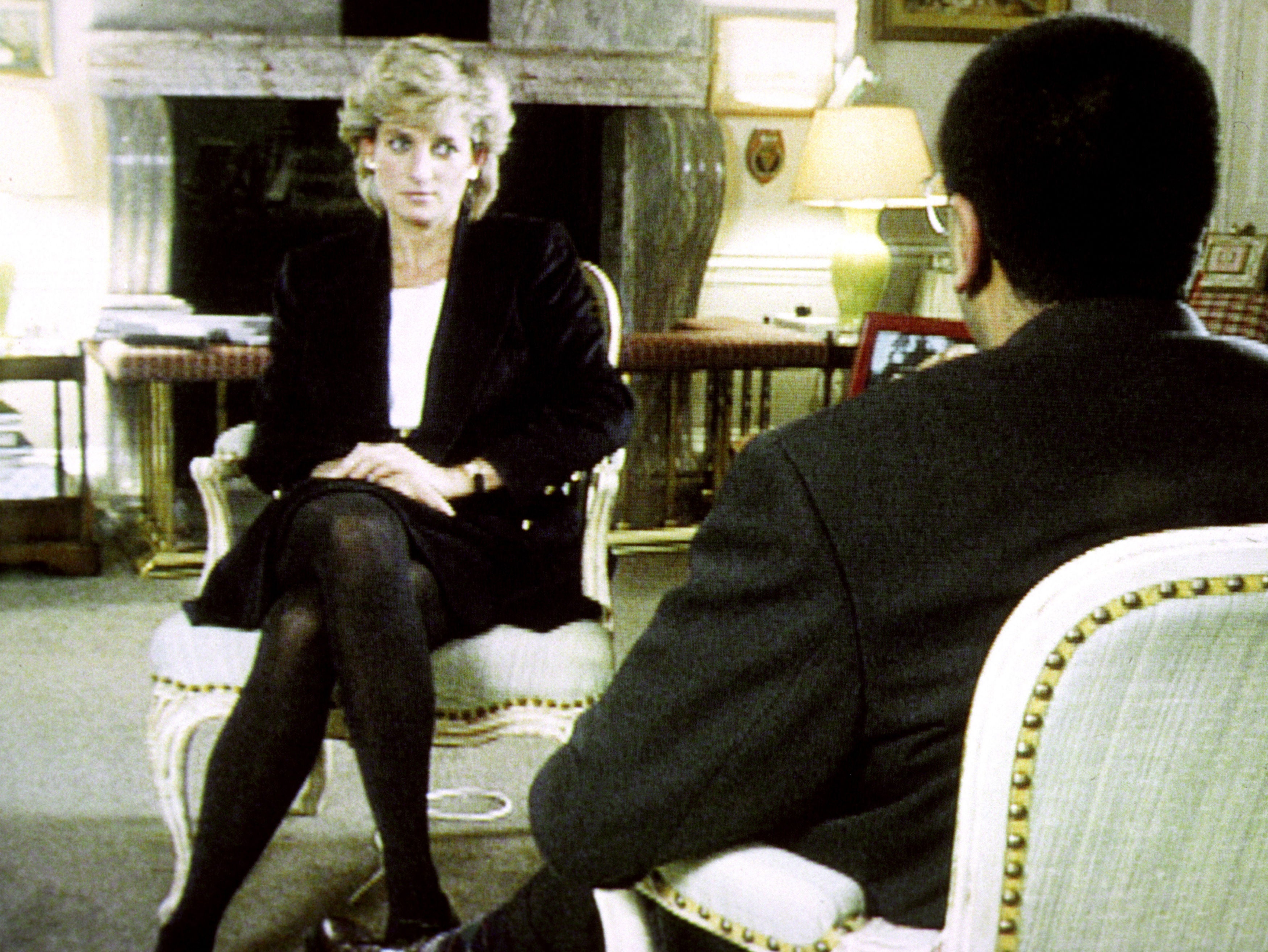
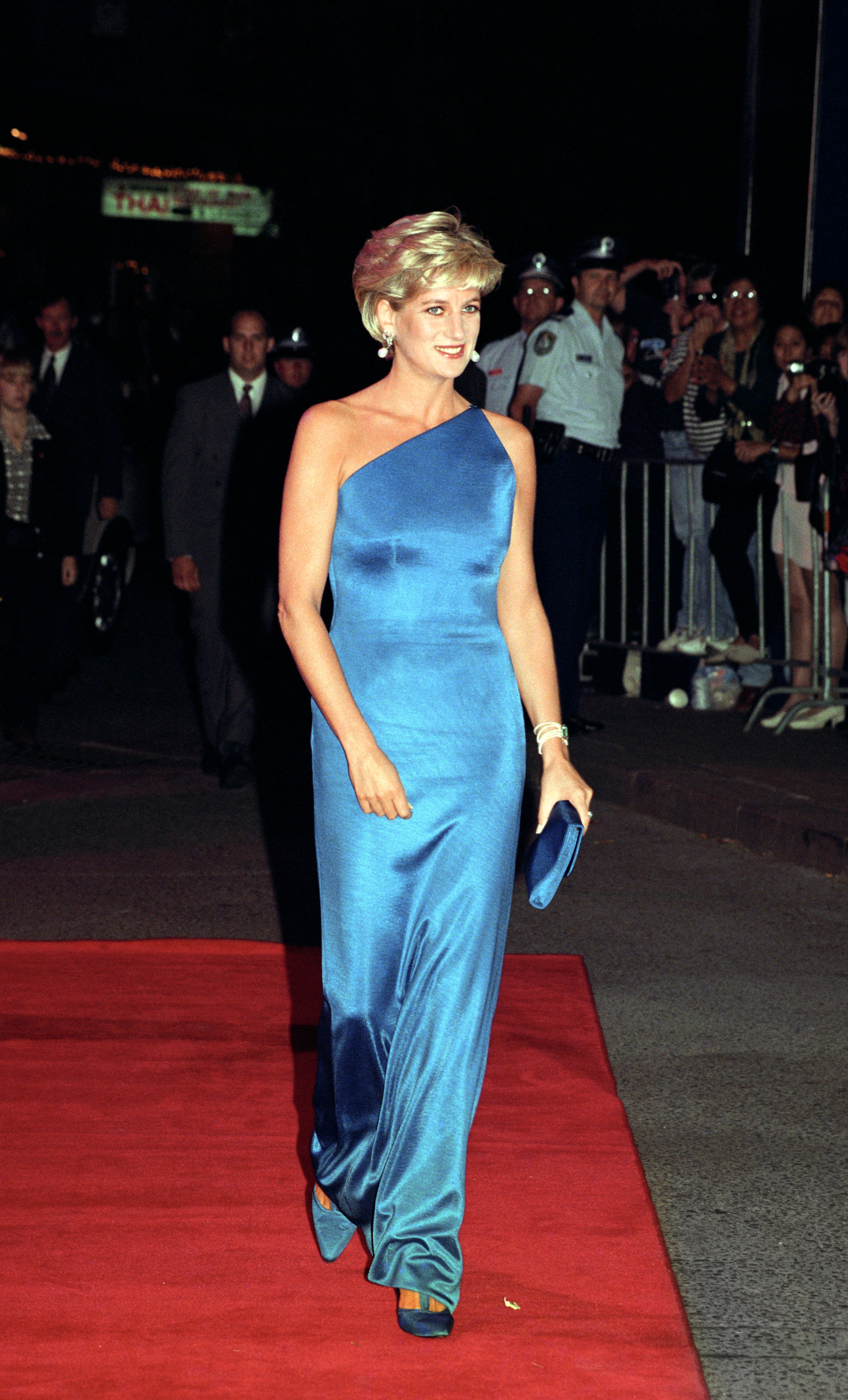
Diana’s post-divorce life gave her freedom from the restrictions of the establishment.
She revamped her style, appearing in a glamorous photo-shoot for Vanity Fair in 1997, with the images taken by Mario Testino.
And she travelled to Angola, walking through a minefield in a protective vest and visor, to campaign against landmines.
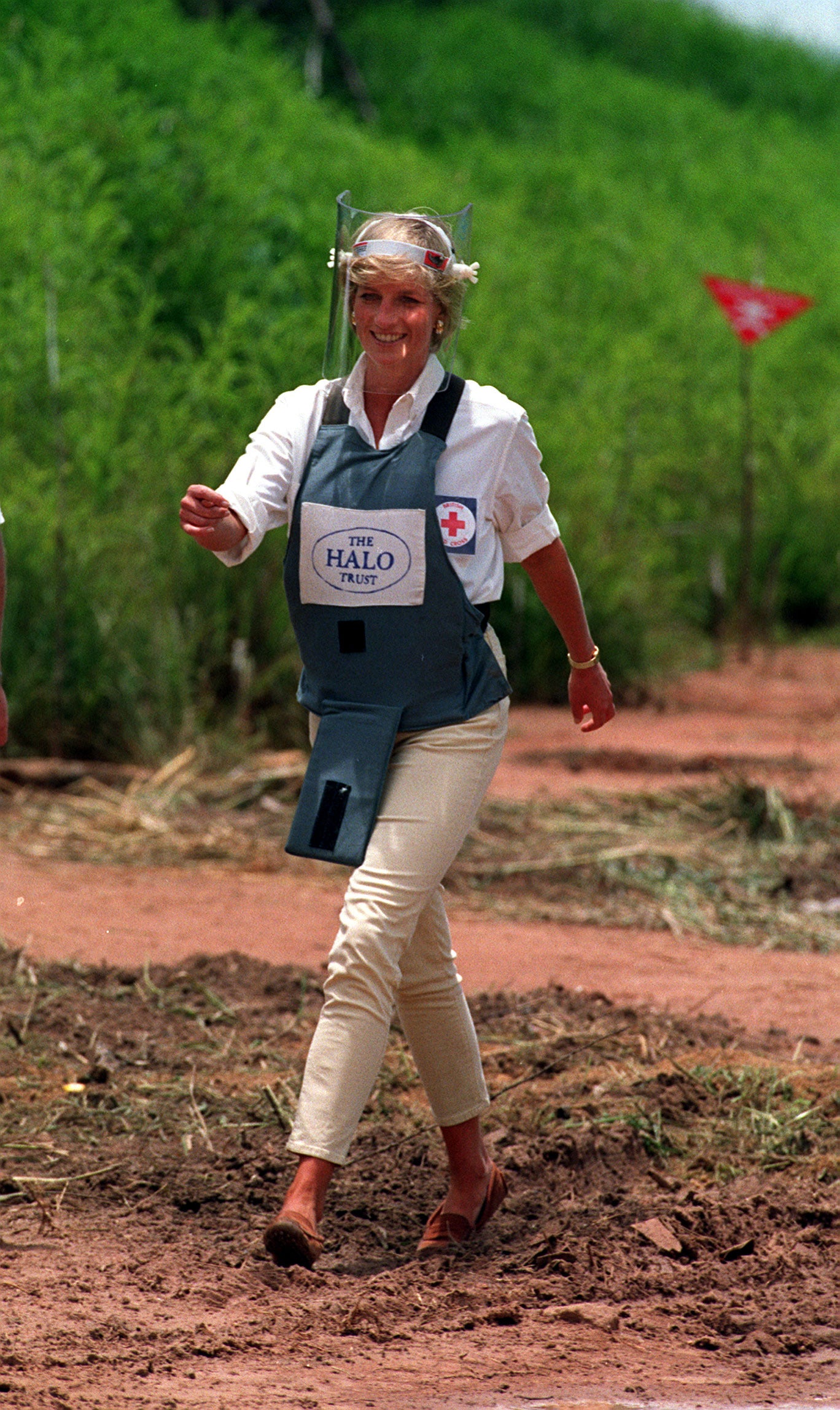
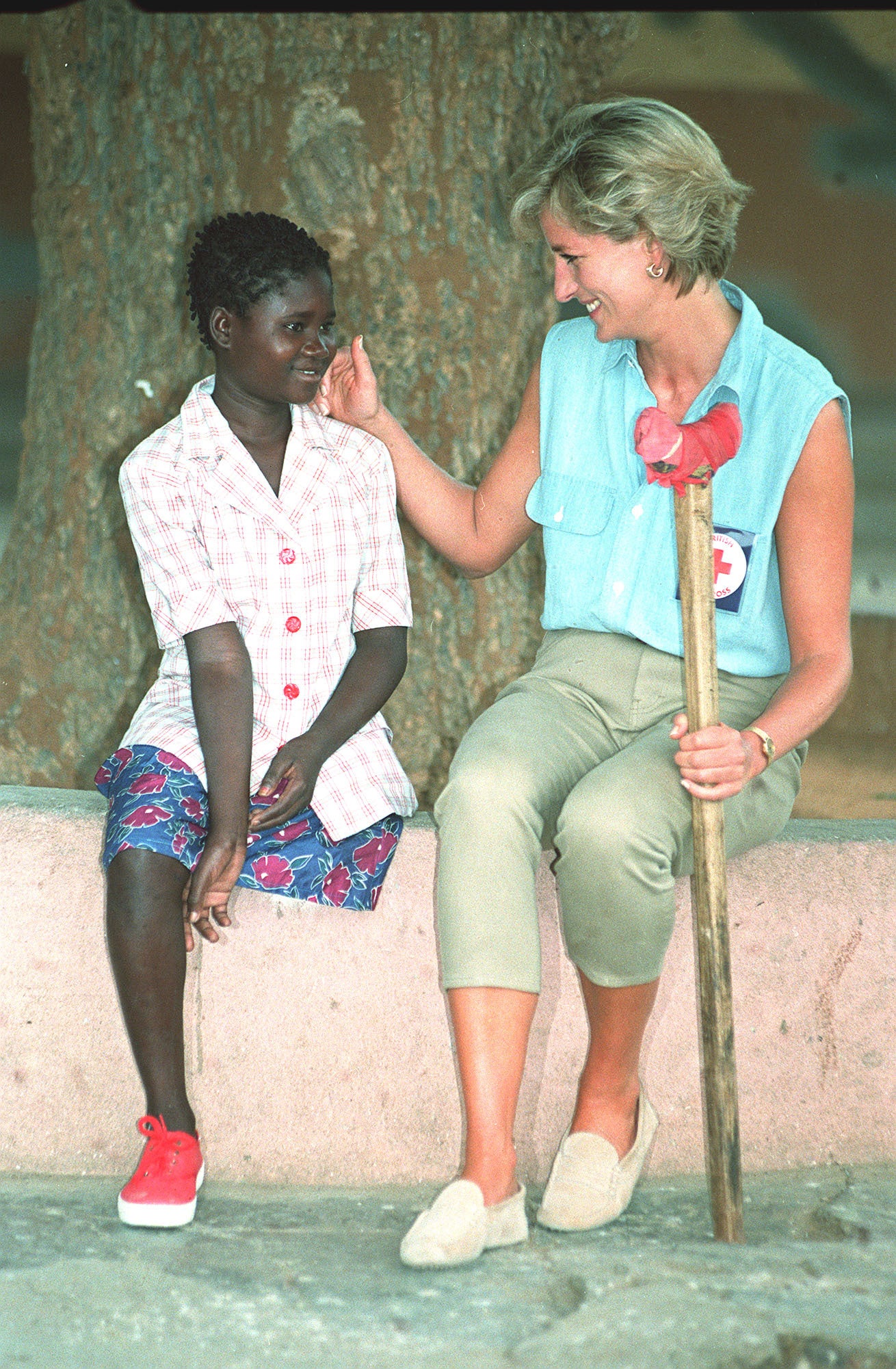
She just weeks before her death, she visited Bosnia to further highlight the cause.
